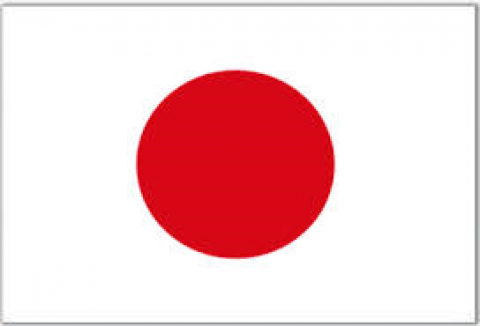
With the geo-political shifts in Asia and last year’s return to power of the conservative Liberal Democratic Party in Japan, a real possibility exists of changing Article 9 of Japan’s Constitution which had been written during the Occupation Period after World War II. The following article was contributed by Maryknoll Fr. James Mylet, who has served in Japan for many years, and was published in the January-February 2014 NewsNotes.
Article 9 is found in the second chapter of the constitution, "Renunciation of war"; its English translation states: Aspiring sincerely to an international peace based on justice and order, the Japanese people forever renounce war as a sovereign right of the nation and the threat or use of force as means of settling international disputes. In order to accomplish the aim of the preceding paragraph, land, sea, and air forces, as well as other war potential, will never be maintained. The right of belligerency of the state will not be recognized.
Recently with the escalating tension with China (Senkaku Islands), South Korea (Takeshima), and Russia (the northern territories; four islands) over territorial claims, the Japanese government seeks to be able to assert itself and defend its territories. A dispute continues between nationalists and pacifists in Japan over this issue. Nationalists see maintaining a military as a matter of pride and independence. Pacifists do not agree with the concept of the Self Defense Forces, saying that they are really military, and even hold joint exercises with the U.S. military.
At present, Japanese personnel can join UN peacekeeping missions in the role of non-combatant personnel. Recently, in the case of South Sudan, the Japanese forces supplied the Korean forces with ammunition. The pacifist element would like to remove Japan from all international wars.
The Security Treaty between Japan and the U.S., which went into effect in 1952, is questioned by some as a violation of Article 9; the presence of U.S. bases in Japan has been protested for many years.
Recently, after 17 years, approval was given to move the U.S. Marine Corps base from Futenma to Henoko (Okinawa); Okinawa has 76 percent of all the U.S. bases in Japan, but has only 0.6 percent of the land mass of Japan. In Okinawa, 18 percent of the land is given over to the U.S. military, so this draws opposition. (The disputed Senkaku Islands are in Okinawa Prefecture).
Two recent developments in the news should be noted and watched. First, on December 6, a new law (National Secrecy Act) was rushed through parliament in a late night session. It imposes stiff penalties on bureaucrats and journalists for disclosing and leaking information. It creates a fear of limits on freedom due to its vague language (widely open to interpretation), and it seems to stress civic duties over human rights. It is seen as an instrument to be used by Prime Minister Shinzo Abe to help in revising Article 9 of the U.S. drafted Constitution.
Second, on December 26, Prime Minister Abe visited the Yasukuni Shrine where class A war criminals are enshrined along with the others who died in war. This visit, of which the majority of Japanese citizens disapproved, infuriated China and South Korea, and the United States expressed disappointment that Japan had exacerbated tensions with its neighbors.
In re-examining Article 9, balance has to be reached with Japan being able to defend itself, yet at the same time openly acknowledging the damage and havoc its military conquests have caused in the past, and it must be willing to make the appropriate reparations.
